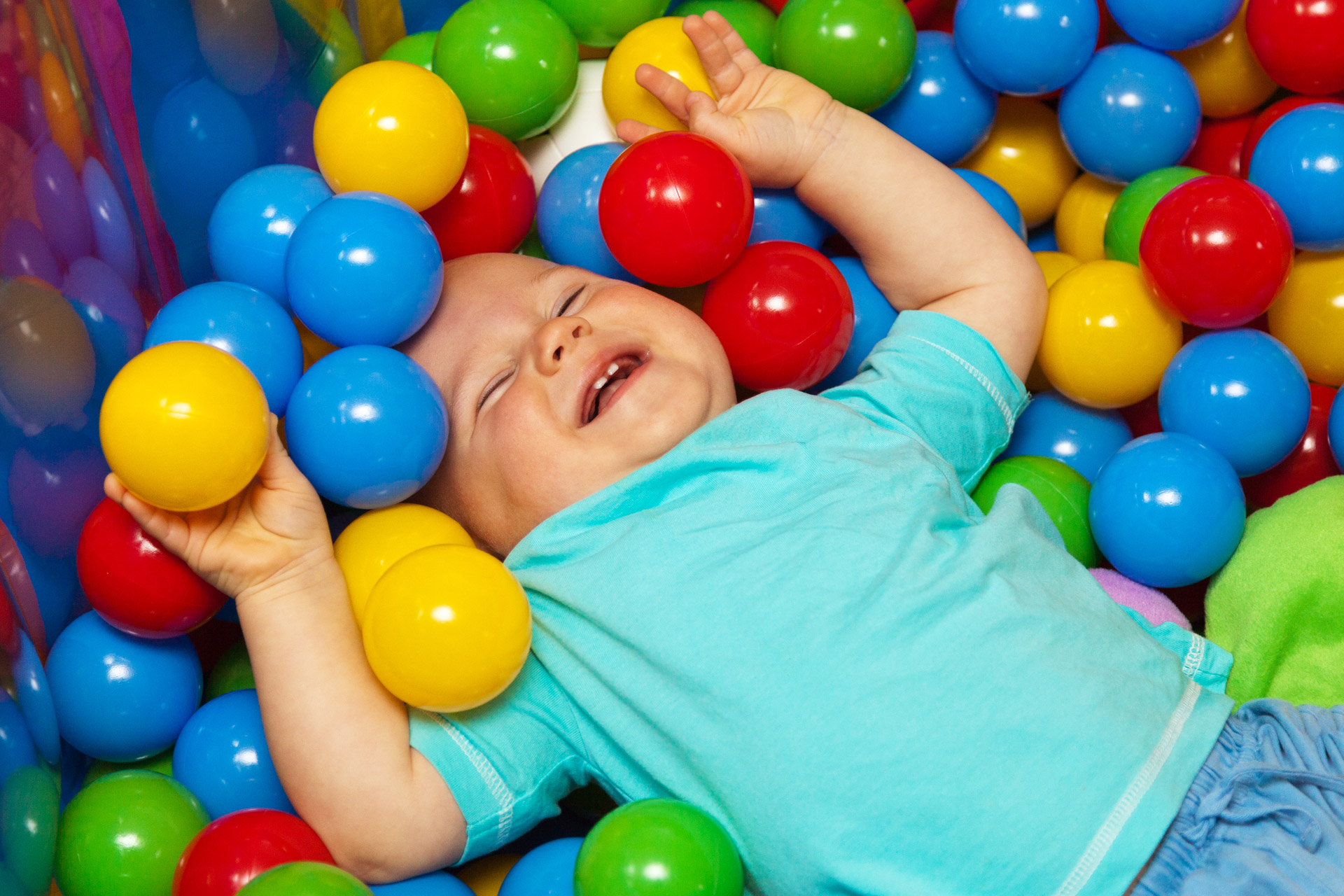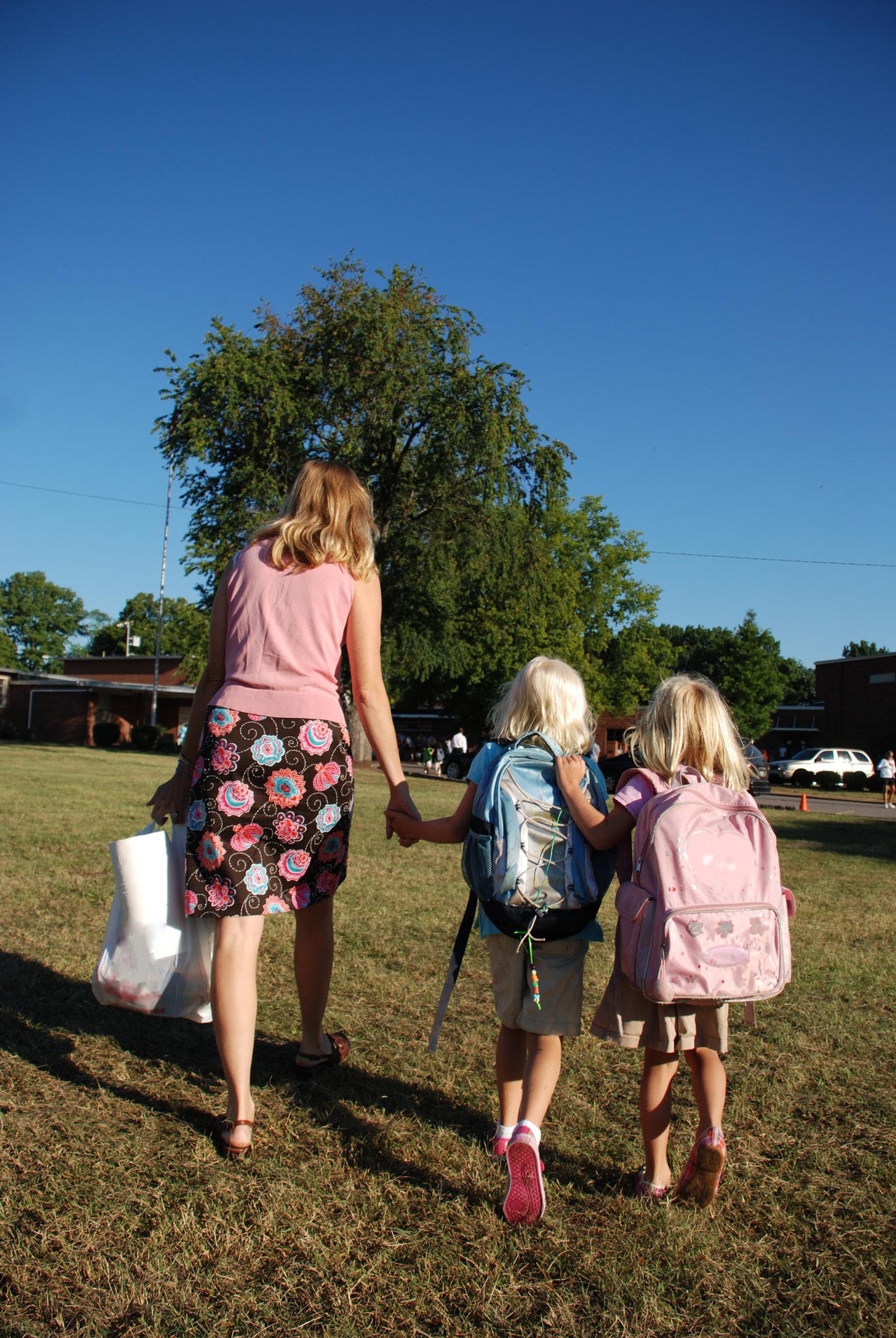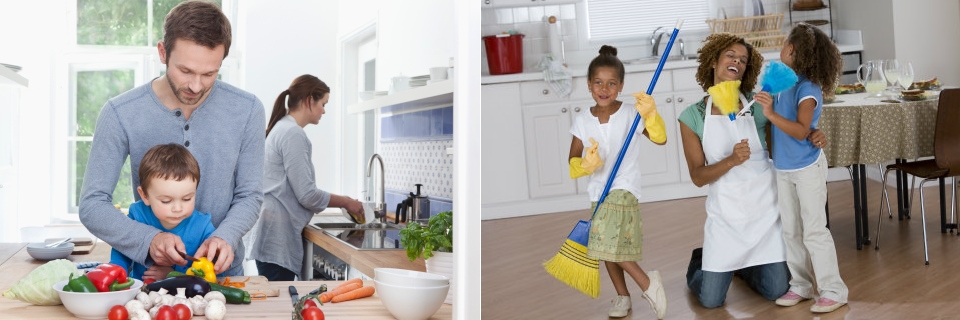The Birth of a New Baby – Helping Your Toddler Cope
You are pregnant for the second time. Your first child is told about it and he is excited at the thought of having a little brother or sister, though he probably doesn’t quite understand what it is going to feel like not to be an only child anymore. You may wonder how to prepare him in a way that he can understand. You may also wonder how to handle things if he feels left out, hurt or rejected, and becomes aggressive as a result. Firstly we need to understand how the older child thinks and feels and what he or she is able to understand. That way we can we can help prepare them for the very big changes they will have to make. I would like to share the true stories of three real people who illustrate what can happen, and how parents can best handle the situation. (Names have all been changed).
CHRIS’ STORY — MADE TO SAY SORRY Chris was nearly three when his baby brother, Roger, was born. His mom and dad had prepared him as well as they knew how, and he was looking forward to having a little brother or sister to play with. But when the baby arrived, it really hurt him to see his mom giving Roger so much attention. He didn’t know how to tell his mother that he was hurting, so he became angry with the baby instead – after all, he felt that Roger had taken his mom away from him. Seething inside with feelings he couldn’t express, Chris started doing mean things to the new baby when his mother and father weren’t looking. Sometimes he would smack the baby, and Roger would start to scream. One day his mom saw it happen. She was very angry and made Chris get down on his knees and ask God to help him to love his brother. He said the words, because his mother made him do it, but there was murder in his heart. In fact, being made to say he wanted to love the baby, when he didn’t, had the effect of making him even angrier and more confused. But he couldn’t tell anyone, and he just stuffed all his feelings down inside. “If only my mother had understood”, he says now. “When I was made to ask God to help me love the baby, I had to tell a lie. I didn’t want to ‘love’ Roger, I wanted to ‘kill’ him for taking my mother away, so that he got all her attention, and she was too busy to give me as much love anymore. It would really have helped me if she had let me say how I felt, rather than making me say words that didn’t feel true inside. Most of all, I wanted her to see that when I hurt Roger, it was because I was hurting. I just wanted her to understand that I needed her to love me more, and acknowledge my hurt and anger about having to share her”. A PSYCHOLOGIST COMMENTS The coming of a new baby can be a big upheaval for a toddler. Imagine how you would feel if your husband came home one day and told you, “I am going to be getting a new co-wife soon. From now on, you will have to share me with her, but I am sure you will like her and we will all get on fine.” The best way to prepare the older sibling for the birth of the baby is to explain realistically just how it really will be. Children need to know:
PAMELA’S STORY — WHEN THINGS GO WRONG
When I was nearly four, I announced to my mom, “I won’t ever be happy till I can have a baby of my own”. My mother, who had just found out she was pregnant, thought that this would be an ideal time to tell me about it. So she said, “Well, you are not big enough to have a baby yet, but I am going to have a baby, and if you like, it can be ‘your’ baby.”
I was delighted! As a lonely, only child (we lived on a remote farm) I longed to have a sister to play with. I talked and thought and dreamed about the new baby all the time. But ‘time’ was a problem. I didn’t have any idea of what it would feel like to wait for six months for my little sister to arrive and come and play with me. I kept asking why the baby hadn’t come yet, and when she would arrive. My mother kept telling me it would be soon, but it seemed to be taking forever!
Finally things started to happen. My mom and I moved into town to stay with my grandparents, so she could be close to the hospital. Meanwhile my mom had grown a very big ‘bump’, and she let me put my hand there and feel the baby kick. I couldn’t wait for the big day, but it took a whole month more before the baby finally decided it was time to come! Then one morning when I woke up, my mother wasn’t there. My gran said she had gone to the hospital in the night, because the baby was coming. I was very disappointed that my mother hadn’t taken me with her to the hospital. After all, this was supposed to be “my” baby. Then the phone rang and my gran told me I had a baby brother. I was devastated… I had wanted a sister. Still, my gran said we could go to the hospital to see my mom, and then I felt more enthusiastic. I was going to get “my” baby at last. The next big shock happened when I got to the hospital. Because this was going to be “my” baby, I expected them to hand him over to me straight away, so I could take him home and start to play with him. Instead my mom was in a room all by herself, and “my” baby was nowhere to be seen! I asked to see the baby, and I was told that he was in a “nursery” and children weren’t allowed in there. I burst into tears, and nobody could console me. So my mom rang for a nurse. The nurse was very nice, and she must have felt sorry for me, because she said that just this time I could come and have a peep at him. She took me to a room with lots of cribs in it, and lifted up a funny little wrapped-up bundle, with a red, wrinkled face. This wasn’t the baby I was expecting at all. He didn’t say hello to me, and in fact he didn’t even open his eyes or look at me. My dream was coming apart fast. After a week, my mom and baby brother came out of the hospital, and my dad came to take us back to the farm. I felt happier again as I thought that as soon as we got home, my mom would hand “my” baby over to me. But when we got home, something even worse happened. I went into the baby’s room to start playing with him and my mother shooed me out. She told me to be quiet so I wouldn’t wake him, and to go and play outside. My mother had never ever told me to go away before. I was very hurt, and thought it must mean she no longer loved me or wanted me. So I decided that I would have to go and find someone who did. I wandered across the fields looking for someone to talk to. Eventually I found Dronk-Daantjie, one of our farm labourers, busy digging a ditch. So I started to talk to him. After a while my mom came looking for me. She was furious with me for “running away” and for talking to “dangerous people”. I got smacked. Another memory I have, is of my mom and me going for our usual afternoon walk. My mom was pushing a pram (buggy), and so was I. The problem was that my mom had “my” baby in her pram, and I was walking dejectedly behind her, pushing my doll’s pram, with a little sailor-boy doll, called Jacko, in it. But Jacko wasn’t a real live baby I could play with. My mom had taken “my” baby and kept him for herself, and now I had no one left at all! As the days went by, I felt sadder and sadder. Then I started to hate the baby. So when nobody was looking, I would sneak up to his pram and pinch him really hard. My dad saw me do it one day and called my mom. I got smacked again. If I forgot to be quiet and woke the baby, my mom would get angry too. Soon I started to become what they called a “problem child”. I was hurt and withdrawn, as I was sure that my mom didn’t like me anymore. I had one last try to get help. My aunt Beth came to visit one day, and she and I went for a walk in the garden. It took all the courage I had – I was feeling desperate to be heard and understood, and I wanted to be able to tell someone about the terrible thing that had happened and have them help me. So I said, “Auntie Beth, now Mommy has Martin, she doesn’t love me anymore and she doesn’t want me anymore either”. My aunt really tried to help. She said, “Of course your mommy loves you dear, she is just very busy with the new baby. You must be a big girl and help her”. I can still remember the horrible sinking feeling that went right through me when she said those words. I realised then that when I told grownups how it was, they couldn’t ‘hear’ me, they didn’t believe me, and then they wanted me to believe something I knew wasn’t true. I decided I would never again tell big people how things really were, but would keep everything to myself from then on. Looking back, I know what would really have helped me. If my aunt had been able to say, “I hear that you feel that your mommy doesn’t love you any more, and that she loves Martin instead. That must make you feel very, very sad”. After that I would have wanted her to just hold me and let me cry away the sadness. Unfortunately she didn’t know how to do that, and from then on I stuffed all my feelings down and became even more withdrawn. Soon my mother really did start to prefer my brother more and more and even told me so. She wanted to know why I couldn’t be “good” like he was. The story has a happier ending. Though my brother and I fought horribly as small children, we became friends later and today I love him dearly. Before my mother died when I was 30, she and I were reconciled too. I was studying psychology at the time, and I began to have some insight into the things that had happened to me as a child. I spoke to my mother about it, and gave her a book to read. She became very concerned, and said I could talk to her about my childhood if I needed to, and she would try to just listen. So I poured it all out, telling her how I felt – that after my brother was born I felt rejected, and believed that she always preferred my brother to me. I choked out the words, “Martin could never ever do anything wrong in your eyes, and I could never ever do anything right”. She held me while I cried. Afterwards I think we were both laughing and crying at the same time! This experience brought me huge relief. It also brought about a deep healing between my mother and me before she died. A PSYCHOLOGIST COMMENTS
Children and adults can heal from most childhood hurts. What is needed is someone who will listen with empathy and not interrupt or comment. Deep healing occurs when the person who is hurting is allowed to cry out all the tears they couldn’t cry when the hurt happened. LUKE’S STORY – A HAPPY ENDING Luke had just turned three when his brother Andy was born. His parents had prepared him well, giving him a realistic idea of what to expect. He knew that the baby was coming, where it was now, and even how it would be born. His parents were planning a home birth, so his mom explained to him that she would probably make a lot of noise, but he needn’t be worried. Having babies was just very hard work, she said. On the day, Luke’s parents had a friend there to support him, since his dad would be busy supporting his mom. They left the situation open so that Luke could come in and watch if he wanted to, but if he didn’t, he could just play outside in the garden. He was quite happy with that, and in fact he was playing outside when the baby was born. When it was over, they called him to come and meet his new brother. He was able to see the baby before the midwife had cut the cord and was allowed to hold him afterwards. During the first week, Luke’s mother made a point of giving Luke lots of attention. His father gave him extra attention too, and also took the baby off his wife’s hands when he could, so that she could be there for Luke. But they began to notice changes in Luke’s behaviour. This usually happy little boy became very quiet and started to look sad. When his mother held the baby and gave him her attention, she noticed that tears would well up in Luke’s eyes, and his bottom lip would tremble. Luke’s mother kept including him as much as she could, and waited for things to resolve themselves. After a few weeks, Luke came to her one day looking very dejected and said, “Mommy, I think we have had Andy quite long enough. Can we throw him away in the dirt-bin now please?” His mother put her arms around him and said gently, “Does it hurt you very much to have to share me with the new baby?” Luke whispered, “Yes” and he began to sob. His mother held him while he cried and told him she understood how he must be feeling. Knowing he was heard and understood seemed to help Luke. He started to be a much happier child, though it did take a while to resolve the situation. But whenever he looked sad, his father would try to make extra time for “games” and his mother would say that she understood how he felt, and let him express his feelings when he needed to. That really did seem to make a difference. In fact, Luke started to really love Andy, and by the time Andy was about 6 months old, if he cried, Luke would pick him up under the arms and bring him to his mother. “Andy’s hungry”’, he would say, “He needs you to feed him Mommy”. I know Luke and Andy personally, and they are two of the most stunning young people I know. Two more different people would be hard to find, but they are a very close family, and the boys love and respect each other. They are also two very aware young people, who are kind and gentle and sensitive to the needs and feelings of other people. WE LEARN TO LOVE BY BEING LOVED! A PSYCHOLOGIST COMMENTS Luke’s parents prepared him well for the coming of the new baby. They also knew that all the preparation in the world would not be enough to prevent the older sibling from feeling displaced. Most importantly, they understood that small children are still emotionally immature and need help to deal with their negative feelings in a sympathetic environment where hurt and upset feelings can be expressed and understood. A FEW HELPFUL TIPS
Retrieved From: http://goo.gl/qxu6WW
|
|






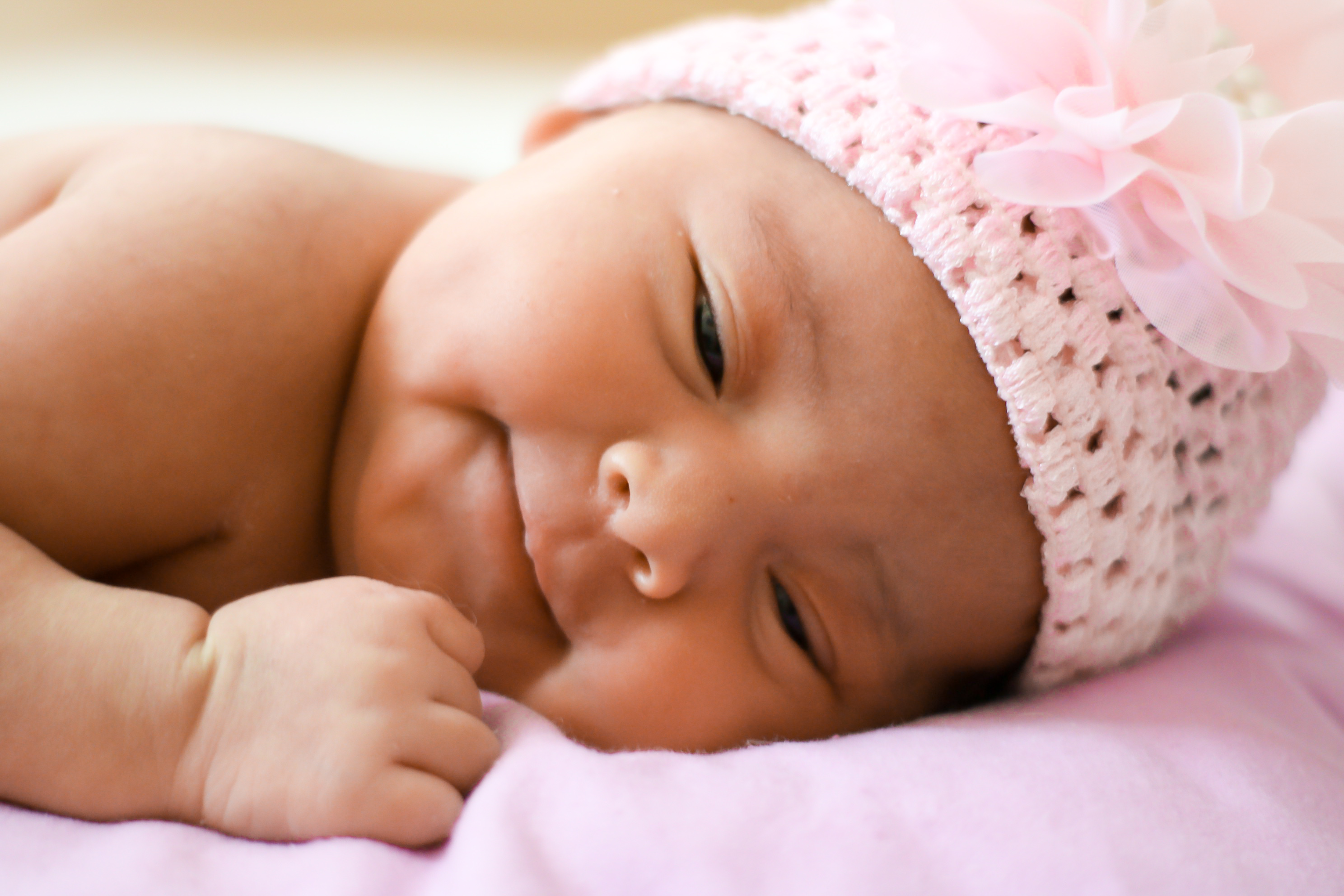
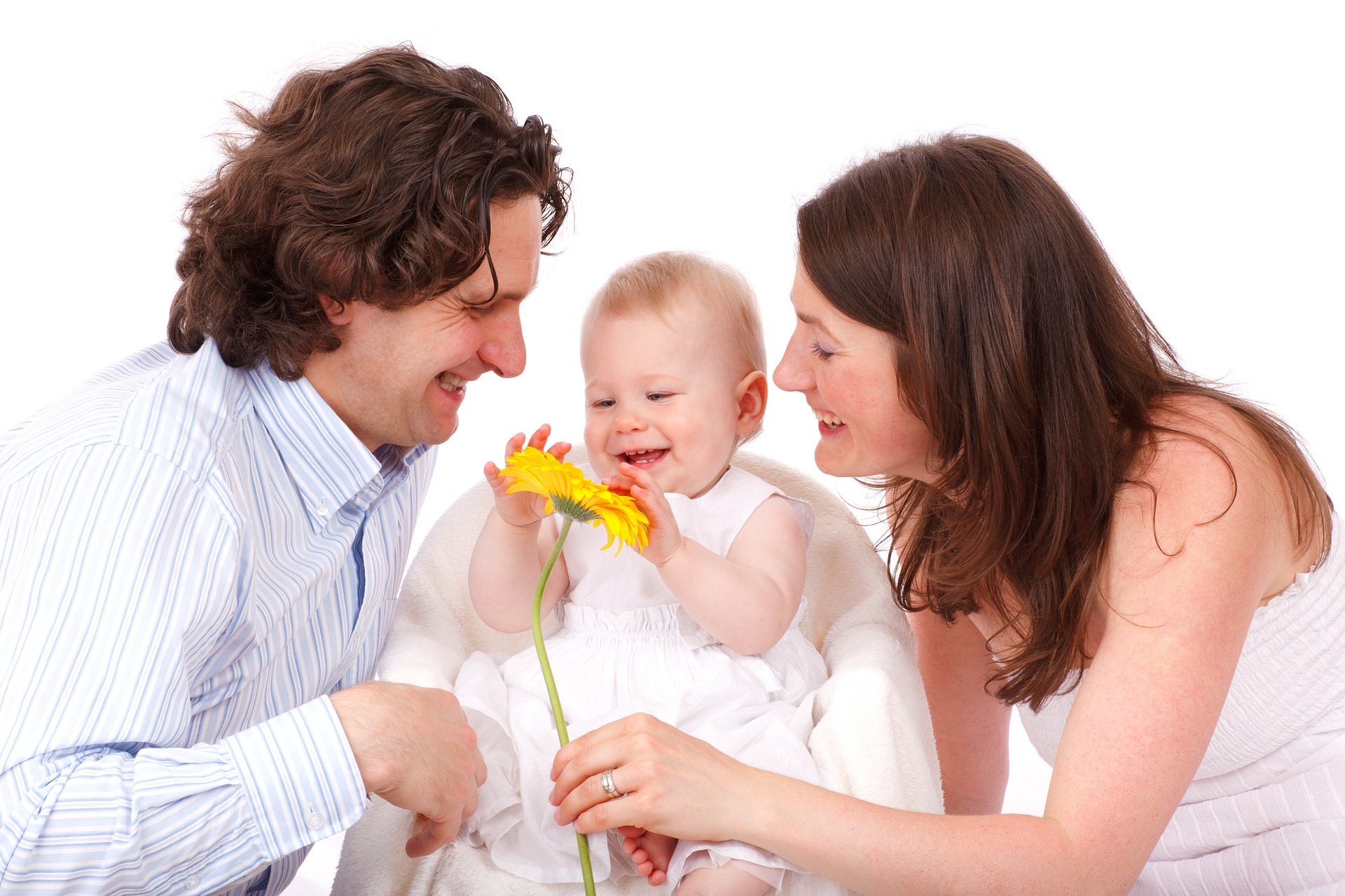
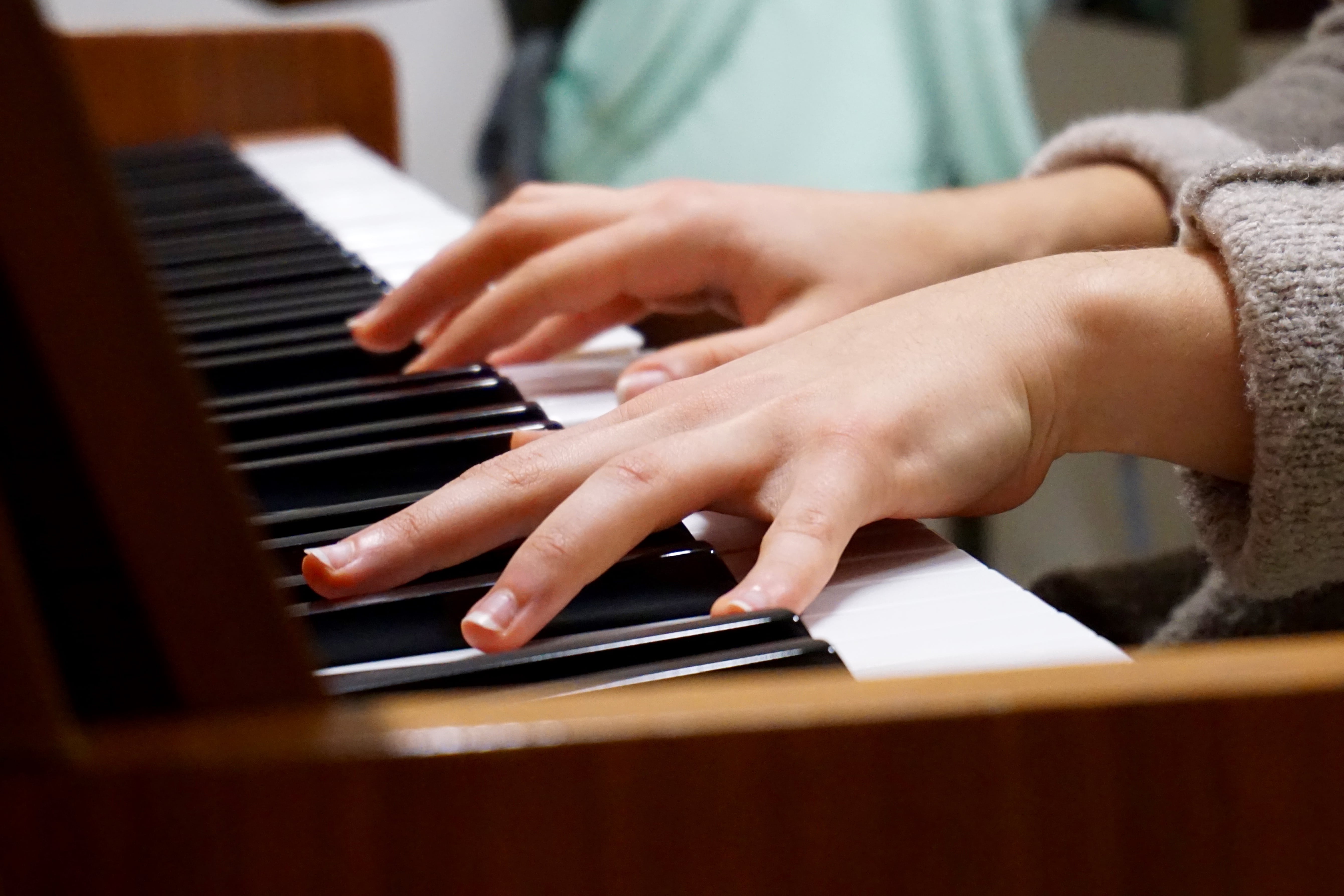


.jpg)
